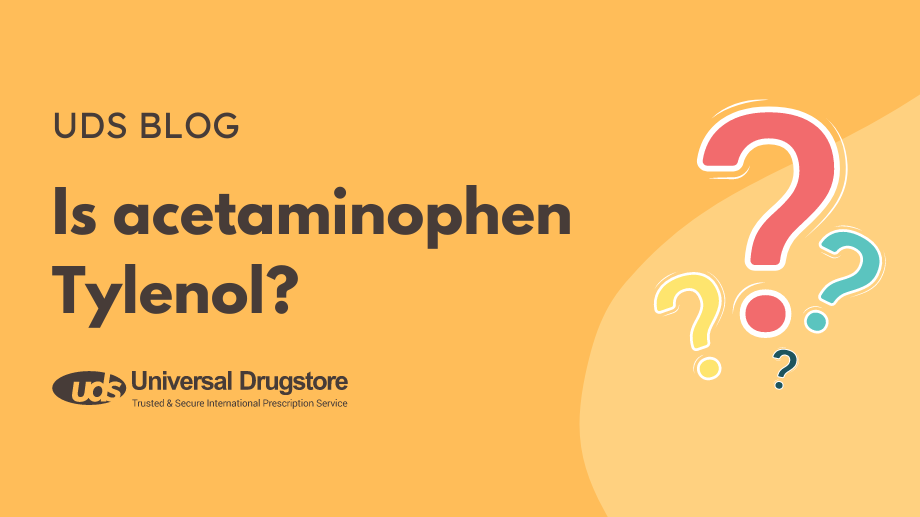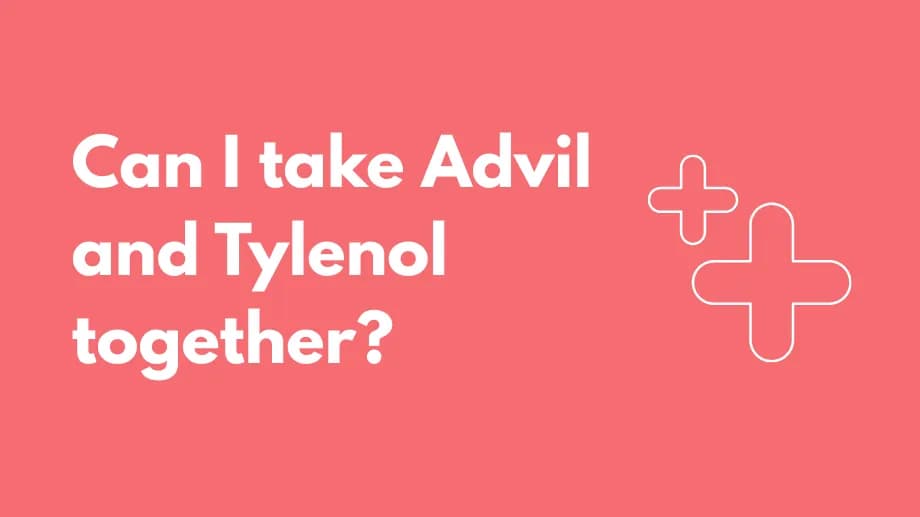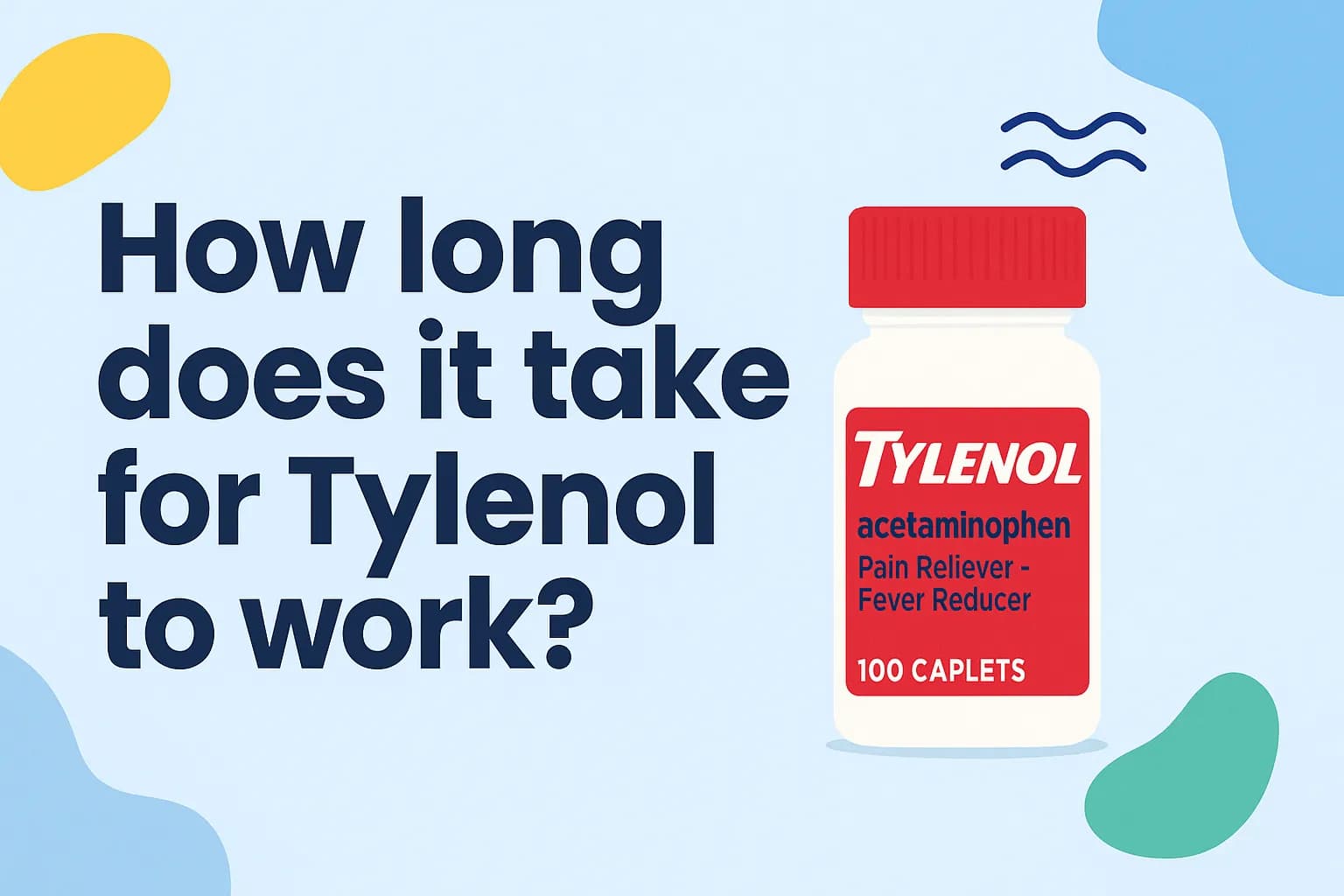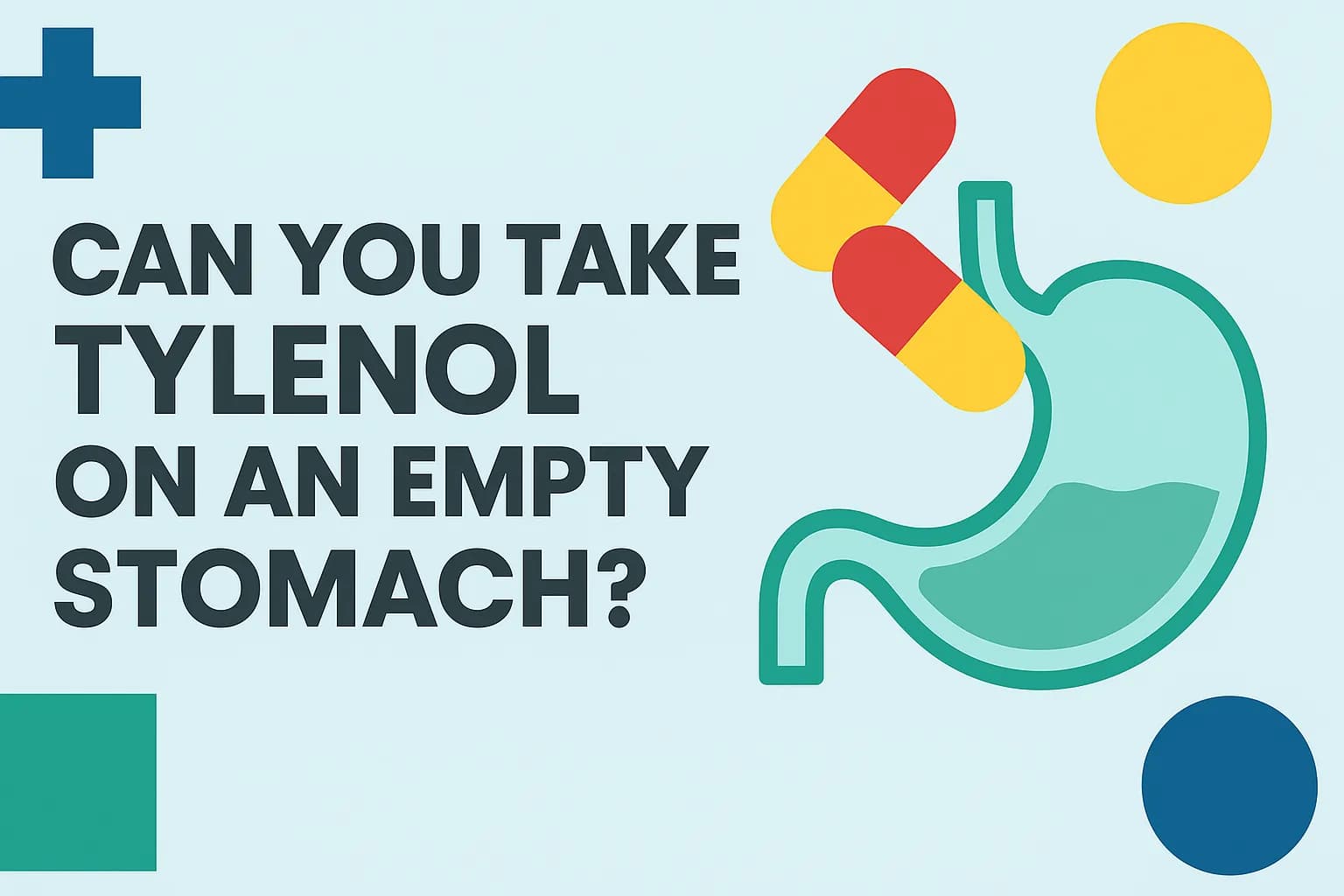Is acetaminophen Tylenol?

Yes, acetaminophen (APAP) is the same as Tylenol. Acetaminophen is the active ingredient in the brand-name pain reliever and fever reducer Tylenol. In other countries it is known as paracetamol or Panadol. It is available in many forms including tablets, chewable tablets, capsules, caplets, liquid suspension, extended-release tablets, and orally disintegrating tablets.
Tylenol is a widely used over-the-counter medicine for pain relief and fever reduction. Although its only active ingredient is acetaminophen, more than 600 products contain acetaminophen. Always check labels to avoid accidental overdose.
What is Tylenol used to treat?
Tylenol is an over-the-counter analgesic and antipyretic. It is commonly used for:
- Headaches
- Sore throats
- Muscle aches and backaches
- Arthritis pain
- Toothaches
- Premenstrual and menstrual cramps
- Temporary reduction of fever
How does Tylenol work?
The exact mechanism is not fully understood. It is thought to alter pain perception in the brain and act on the body’s heat-regulating center to reduce fever.
Possible side effects
Side effects are uncommon but may include nausea and headache. Serious side effects requiring immediate medical attention include:
- Allergic reaction such as rash, hives, swelling of face, tongue, or lips, or trouble breathing
- Liver damage indicated by dark urine, tiredness, upset stomach, abdominal pain, or yellowing of skin or eyes
Excessive acetaminophen can cause severe liver failure. Adults should not exceed 4,000 mg per day; children’s dosing should be determined by a healthcare provider. Limit or avoid alcohol while taking Tylenol to protect your liver.
Are there drug interactions with Tylenol?
Tylenol may interact with other medications and supplements. Inform your healthcare provider about all you take, including:
Shop Medications
- Warfarin
- Alcohol
- Other acetaminophen-containing products
When should you not take Tylenol?
Do not take Tylenol if you are allergic to acetaminophen or any inactive ingredients, or if you have severe liver disease.
What should you tell your healthcare provider before taking Tylenol?
Before starting Tylenol, let your provider know if you:
- Have liver disease
- Drink three or more alcoholic beverages daily
- Have phenylketonuria, as some products contain aspartame
- Are pregnant or planning pregnancy
- Are breastfeeding or plan to breastfeed
How does acetaminophen differ from NSAIDs in pain relief?
NSAIDs block cyclooxygenase enzymes throughout the body to reduce prostaglandin production, which causes pain and inflammation. Acetaminophen also inhibits cyclooxygenase enzymes but primarily in the central nervous system. It may change pain perception and acts on the brain’s heat-regulating area to reduce fever.
How much acetaminophen can you safely take in a day?
For most adults, the maximum daily dose is 4,000 mg. For children, the maximum is 75 mg per kilogram of body weight, not to exceed 4,000 mg total. If you consume large amounts of alcohol or have liver impairment, your provider may recommend a lower limit.
Related Medications
- Regular Strength Tylenol (acetaminophen)
- Tylenol Extra Strength (acetaminophen)
- Tylenol Arthritis (acetaminophen)
- Aleve (naproxen sodium)
- Advil or Motrin (ibuprofen)
Sources
- Acetaminophen. StatPearls Publishing. Accessed Aug. 21, 2024.
- Tylenol Regular Strength – acetaminophen tablet. DailyMed. Accessed Aug. 21, 2024.
- Acetaminophen (OTC). Medscape. Accessed Aug. 21, 2024.
- What is Acetaminophen? Johnson & Johnson Consumer Inc. Accessed Aug. 21, 2024.
- Don’t Overuse Acetaminophen. Food and Drug Administration. Accessed Aug. 21, 2024.








